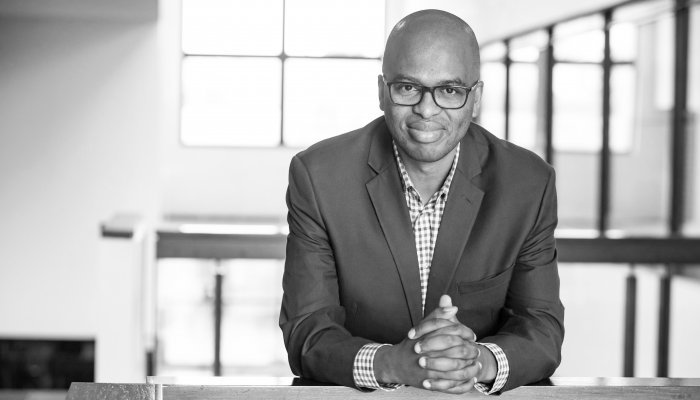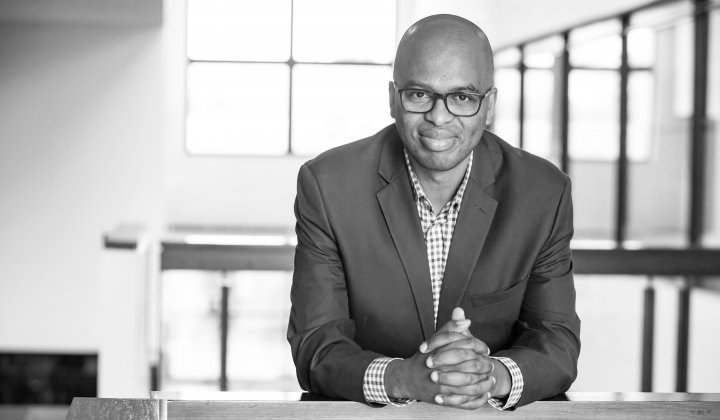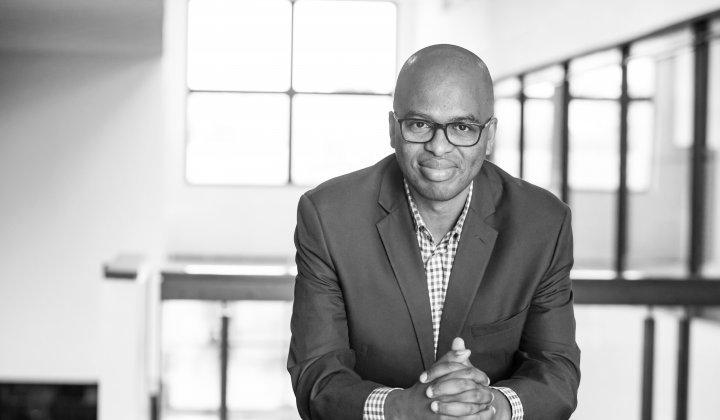In the business world we talk about the need for active listening, for developing leaders for whom listening is an essential skill. Leaders whose ability to listen builds organisational cultures where people are heard and their opinions valued. Yes, this might lead to some heated discussions and require compromise but falling silent and really listening has the power to transform interactions and build stronger teams.
Researchers tell us that listening in the work context has benefits for speakers and listeners, it builds a state of togetherness and helps us resolve conflicts. It breaks down preconceived notions and biases and enables the exploration of contradictory opinions and attitudes. Sometimes it sparks a novel insight or prises open a previously unseen opportunity that would have been muffled by the boom of the foghorns.
Why does listening matter?
Based on my own lived experience, I am the first to admit that the listening skill is hard to master, but I cannot overemphasise how critical listening is at all levels of business, including within senior levels of organisations. At GIBS, we encourage leaders to continuously invest in developing their listening skills to enable them to better fulfil their leadership obligations, especially in complex situations. For instance, GIBS runs sessions on climate competence for senior leaders to help leaders pause and listen to experts, and each other, about an issue that is both pressing and, at times, contentious.
These sort of high-level leadership engagements are particularly important right now as a tornado of misinformation, noise and competing agendas swirls all around us. As leaders who are supposed to be "up on the balcony" rather than being pre-occupied with happenings on the dancefloor (to quote my colleagues from the GIBS Personal & Applied Learning Centre), it is crucial in our complex world to constantly lift our thinking up to the systems level.
As anyone who has heard of Edward Lorenz's "butterfly effect" will know, a small shift in one system can have unexpected outcomes in another. Systems are interconnected – be it the impact of geopolitics on climate change or green impact investing or the development of a new road through a rural village. Similarly, the current withdrawal of the United States from the global Paris Agreement will inevitably have impacts on developing nations as climate spending and research are curtailed. There are consequences to tearing up international agreements that extend beyond de-funding to fundamental challenges around just energy transitions in countries like South Africa. It goes deeper still, to fuelling mistrust between nations and the formation of new strategic alliances.
Beyond the noise
Unless, as leaders, we stop and listen at critical junctures like this, we will miss vital signs and signals that have implications for the future.
Take, for instance, the pressing concerns around avian flu and the impact this would have on global food security. Only recently, Statistics SA disclosed that nearly one in four (23.8%) of South African householders is facing either moderate or severe food insecurity. Another outbreak of bird flu would have serious implications for our country and our people, but are we speaking about this with the same rapt attention as the disruptive tariffs being unleashed on the world? No.
The question is why, and the answer is simply that we can’t agree on what is important. So, we bounce from topic to topic as the puppet masters pull the strings. This creates unseen risks and leads to reactive approaches, all of which have ripple effects.
The solution is strikingly simple: We need to start listening to each other. Really listening. And those of us who can, need to strike up different, more meaningful conversations. We don’t have to choose chaos as our reset button.
It seems the 80s band R.E.M. was right when they sang, “It’s the end of the world as we know it.” It is, but many of us certainly don’t "feel fine". As leaders, we can counter this if we get back up on that balcony where we belong, and we listen carefully and actively for the conversations we need to be having and around which we can coalesce. I’d much rather consider the implications of Professor De Wet Swanepoel’s work to make hearing health available to millions, or TymeBank’s appearance on Brand Finance’s South Africa Top 100 for the first time with a brand value of R3 billion. Or how about the exciting efforts underway in Tunisia to establish a regional technology bridge between Africa and Europe.
Now these are conversations worth having.





